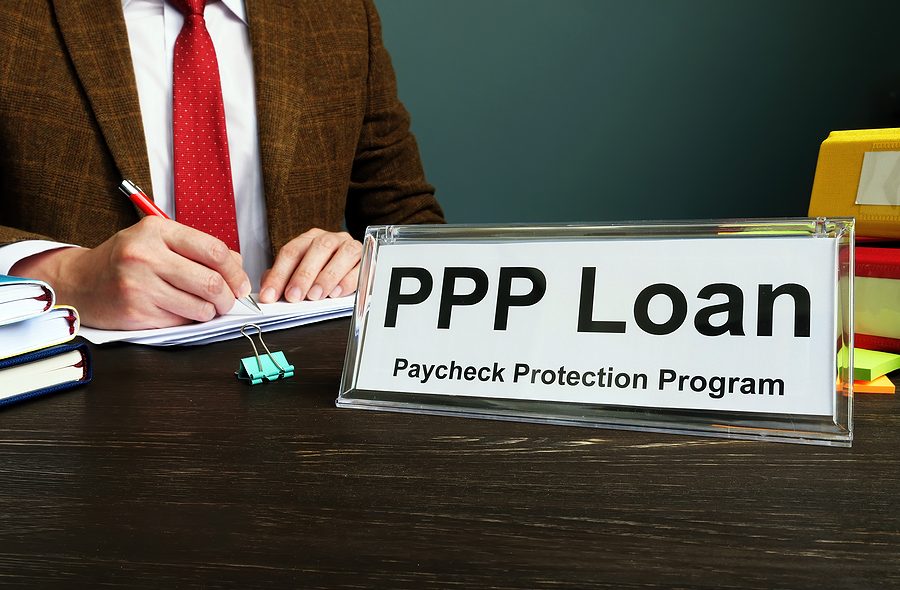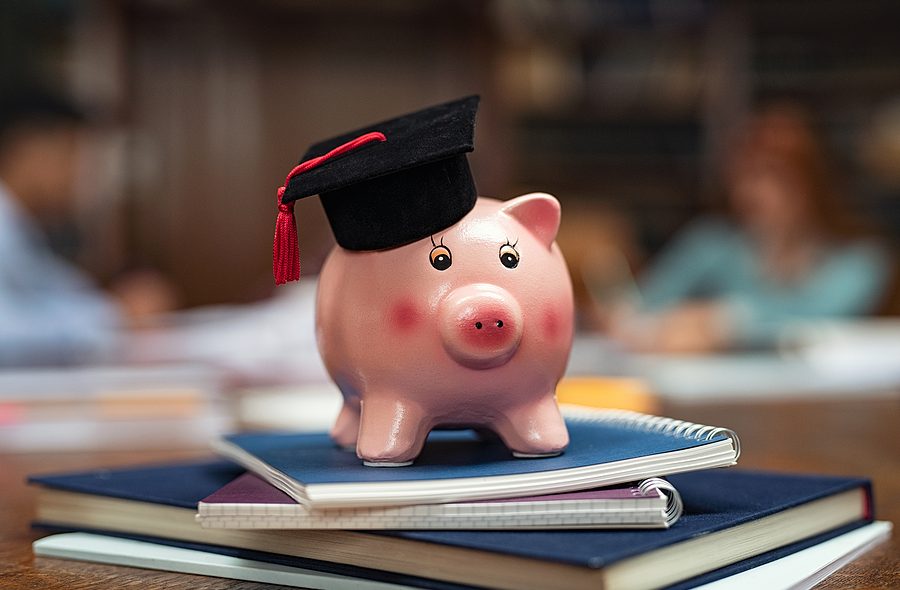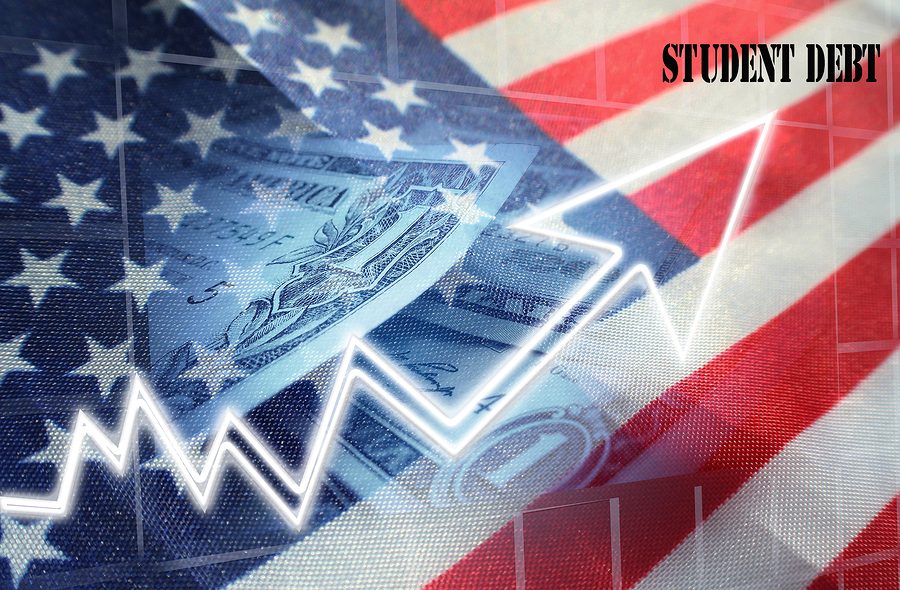New rules with respect to who can receive financial assistance through the Paycheck Protection Program (PPP) will open the door for struggling student loan borrowers who have previously been unable to qualify for the PPP loan program. These new regulations took effect on March 1, 2021.
The funds received through the PPP were meant to offer financial assistance to struggling businesses, allowing them to stay in operation during the COVID-19 pandemic. For the most part, these loans are forgiven later. Previously, any business that was owned 20 percent or more by an individual who had defaulted on his or her student loan payments was considered ineligible for PPP loan assistance. This rule clearly shut out a large group of individuals and businesses who arguably could use the governmental assistance.
The Biden administration has changed this rule, effective March 1, 2021. A default or delinquency on student loan payments will not automatically disqualify a PPP loan applicant. This change comes along with several others, including priority access for businesses employing 20 or fewer individuals.
Over the past several years, student loan debt has surpassed credit card and auto debt with over 42 million Americans carrying some amount of student loan debt. Of this number, approximately one-third of them are in either delinquency or default on these loans.
According to a report by the Center for Responsible Lending, a large number of these borrowers are self-employed. Approximately 800,000 self-employed Americans are reportedly behind on their student loan payments. Additionally, 500,000 minorities have also be excluded from PPP assistance due to the status of their student loans. Student loan reform advocates have praised this change, saying that small business owners have been bearing the brunt of the financial struggles suffered during the COVID pandemic.
Please click here to read more.
For borrowers who are struggling with student loan debt, relief options are available. Many student loan borrowers are unaware that they have rights and repayment options available to them, such as postponement of loan payments, reduction of payments or even a complete discharge of the debt. There are ways to file for bankruptcy with student loan debt. It is important you contact an experienced Miami bankruptcy attorney who can advise you of all your options. As an experienced CPA as well as a proven bankruptcy lawyer, Timothy Kingcade knows how to help clients take full advantage of the bankruptcy laws to protect their assets and get successful results. Since 1996 Kingcade Garcia McMaken has been helping people from all walks of life build a better tomorrow. Our attorneys help thousands of people every year take advantage of their rights under bankruptcy protection to restart, rebuild and recover. The day you hire our firm, we will contact your creditors to stop the harassment. You can also find useful consumer information on the Kingcade Garcia McMaken website at www.miamibankruptcy.com.



